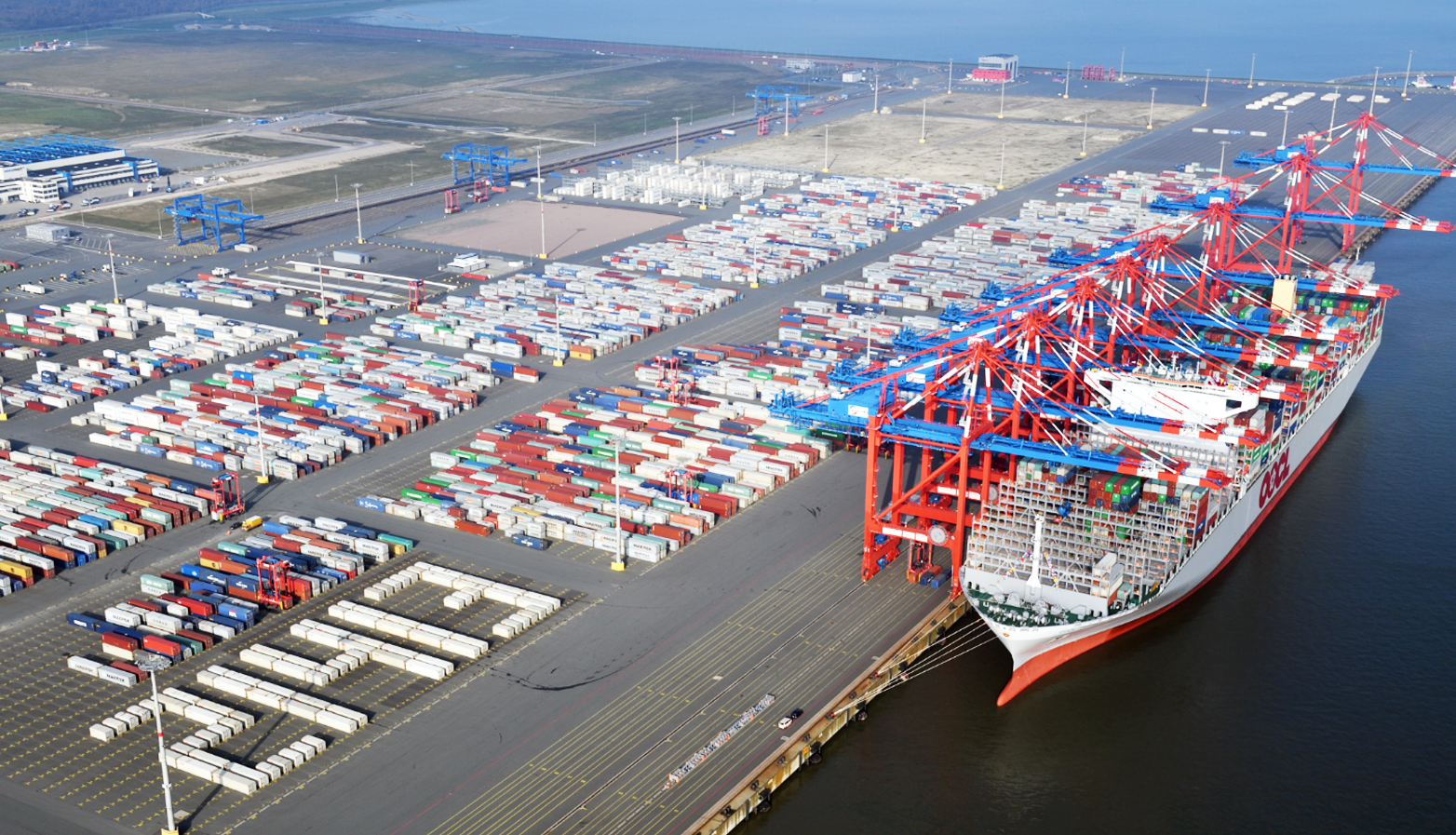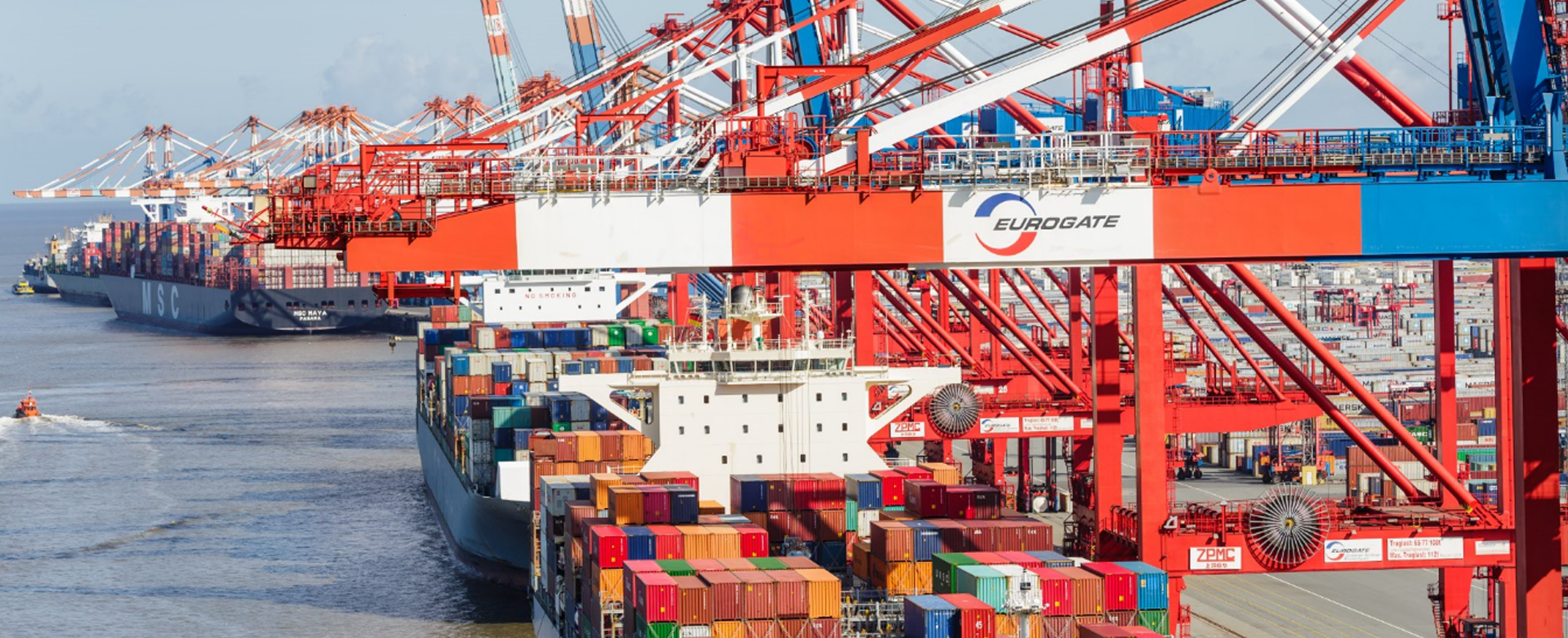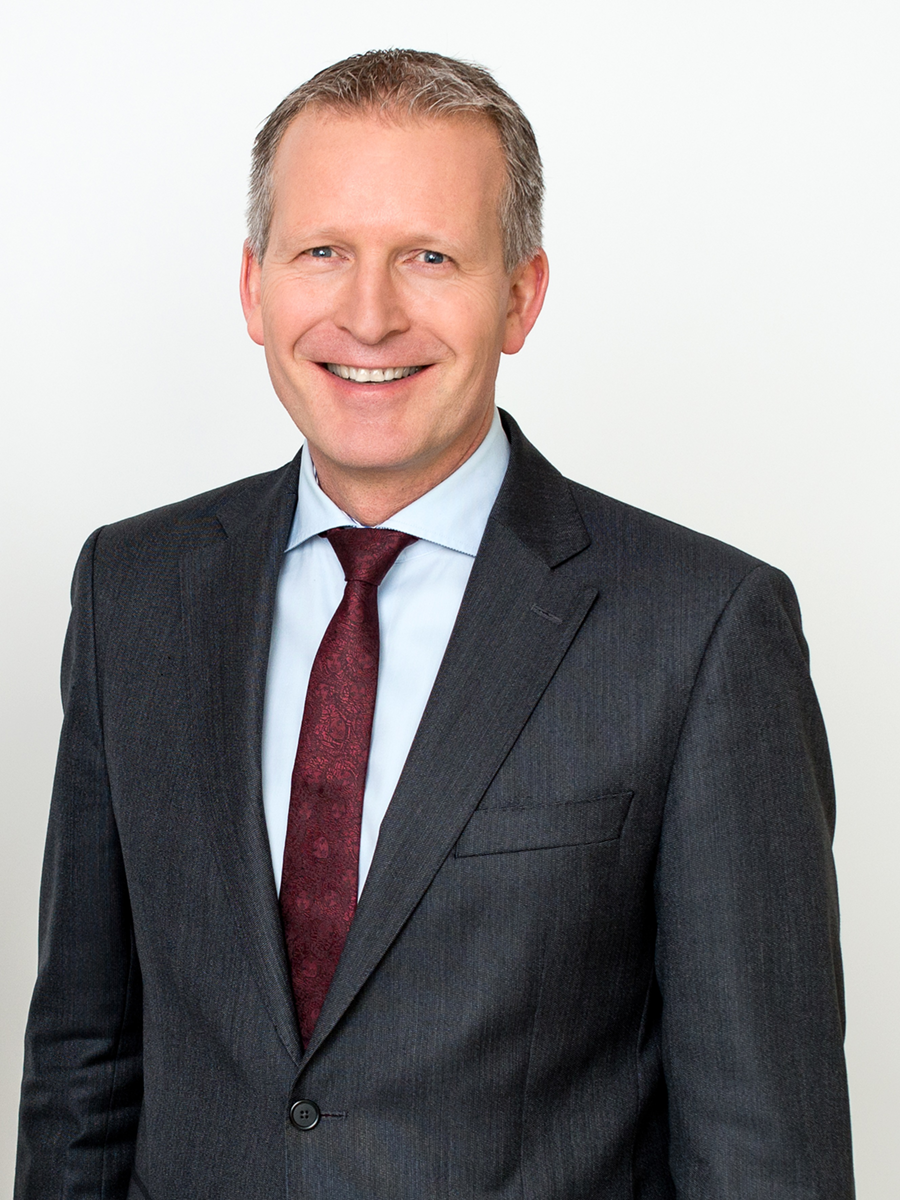EUROGATE, the leading European port operator
that is unattached to any ocean carrier, makes its headquarters in Bremen at the River Weser made famous by the Pied Piper of Hamelin.
Those who know the legend will recall the Pied Piper's magic flute lured all he desired where he chose to take them - and that is what EUROGATE plans to do with the shipping that traverses Europe's Northern Range ports.
EUROGATE operates a terminal in Hamburg, which has been honoured three years (from 2014 to 2016) as the “Best Container Terminal Europe” with the Asian Freight, Logistics & Supply Chain Award (AFLAS).
Where EUROGATE shines is at Bremerhaven at the mouth of the Weser, and its nearby Port of Wilhelmshaven. Unlike Hamburg's River Elbe, faced with dredging needs and environmentalists in court fights against it, Bremerhaven and Wilhelmshaven are largely, respectively, completely uninhibited in terms of draught. Not to mention the welcoming open, deep water alongside on the shores of the North Sea. In terms of road and rail access all three main containers ports in Germany are far advanced.
At Bremerhaven, EUROGATE's SWOP offers packing at premises 1.5 kilometres from the marine terminal. In future, project, out-of-gauge, heavy-lift or fragile loads will be packed before shipboard loading in a 5,800-square metre warehouse serviced by 60-tonne indoor cranes set in a 24,000-square metre marshalling yard secured by alarms and CCTV coverage. This comes in addition for the large CFS station located directly at centre of the terminal.
At Wilhelmshaven, two mega shipping alliances have been calling the port, 30 kilometres as the crow flies, having container volumes double since May, with feeder cargo and new rail links adding even more throughput. "We are seeing a significantly increased level of interest in EUROGATE Container Terminal Wilhelmshaven both regionally and supraregionally," EUROGATE's Wilhelmshaven terminal chief Mikkel Andersen.
In spite of the ever increasing vessel size, as it stands, quay cranes, and an array of straddle carriers can handle anything prowling the Northern Range today.
Staying close to existing customers and where possible winning new is the mission for the EUROGATE team visiting China that includes CEO Michael Blach, and sales directors Jörn Kamrad and Torsten Meyer as well as Shenzhen-based China representative Yongbin Zhu.
As a terminal operator, EUROGATE operates ports in Italy too, thus is intimately acquainted with both Northern Range and Mediterranean ports.
Close to its home base in Bremen, EUROGATE operates a 100% owned terminal and two joint-venture terminals in Bremerhaven. Same as Wilhelmshaven, both ports can take todays biggest ships of up to 22,000 TEU, though adjustments are planned to in time get even taller gantry cranes and potentially do height modification to a few existing units.
The company also runs the EUROGATE Container Terminal Hamburg, equipped with the state of art gantries and straddle carriers, from a location that offers the world's best road, rail and feeder connections to Scandinavia, Central and Eastern Europe and Russia.
Hamburg, about 100 kilometres, from the mouth of the Elbe on North Sea, has an inland location, which the port argues maximises cheap waterborne transit and minimises expensive overland haulage. Situated directly on the terminal site is Germany's largest intermodal railway terminal, Eurokombi, not to mention its direct links to the world-famous Autobahn.
But EUROGATE is not confined to the eastern end of the North Range. It has terminals at Limassol, on the island of Cyprus ; Gioia Tauro at the tip if the Italian boot and Salerno, south of Naples as well as Ravenna, south of Venice and Cagliari at the southern tip of Sardinia. Not to mentioned La Spezia in Liguria, Northern Italy. EUROGATE also runs terminals in Tangiers, Morocco, Lisbon, Portugal and Ust-Luga, Russia.
This aspect raised the question "wayporting", the practice of having big ships from Asia bound for the Northern Range, drop off boxes to be transshipped to North and South America and West Africa.
Mr. Blach would not be drawn on the details of this as he felt such information would best come from carriers as terminal operators did not make such network decisions.
Nonetheless, he conceded there was a considerable amount of such business being done, as the several of the ports in question were primarily transshipment centres and not gateway operations.
On balance, Mr. Blach felt that the recent revolutionary rate of corporate consolidation in the industry was likely to be beneficial, although it is probably yet too early to tell. "There were too many shipping lines before. Rates would rise and fall erratically. There was often little sense to it. It was not good for carriers; it was not good for shippers."
Mr. Blach said he doubted the consolidation run was over. "In all likeliness, eventually there will be only a handful [of carriers] left," he said. "That's five, plus/minus! - the hand has five fingers." He would not speculate which ones would survive, other than to say that the smaller the carrier the greater the likeliness of disappearing .
As the carriers had united into alliances, he said there was a risk of some falling out among members and the possibility of further consolidation within alliances. "They are fiercely competitive," he said.
For now he did not expect regulatory objections to the continuing corporate consolidation, because he did not think there was much in the way of an alternative. Eventually of course there will be an end.
Mr. Blach doubted current ideas, promoted by European ports such as Barcelona, Marseilles and Genoa, advocating a Mediterranean turn-around for Asia-Europe carriers.
This would avoid today's practice of having ships with Asian cargo circumnavigating the Iberian Peninsula to dock at Northern Range ports from Le Havre to Hamburg, exposed to costly EU eco-fuel mandates and compliance costs and a slow down through in the congested English Channel.
While it may appear counter-intuitive to take the long way round, Mr. Blach said the old rule that it is cheaper to keep cargo on the water than haul it overland applies doubly today with the advent of 22,000-TEU mega ships with their much reduced slot costs.
"It will still be less costly to use Northern Range ports, given the economies of scale that govern the industry today," he said.

As for geo-political issues, such as the contretemps between the EU and Russia that has damaged trade between German ports and St Petersburg, Mr. Blach was hopeful that these would be resolved amicably, but "it could well take several years".
Similarly, he felt that Brexit, the secession of the United Kingdom from the European Union would resolve itself amicably, though there might well be contrary indications, given the likely rhetorical posturing of the negotiation phase.
Mr. Blach said not only had the current round of consolidation revolutionised world shipping. There was also the profound and continuing impact of new applications within the container industry, for instance dockside automation, as well as still reasonable robust growth in global trade despite today's rhetorical tides against it.
"These two are far from over. We may not see the double digit growth in China that we had before, but remember we are growing from a very large statistical base," he said, explaining that mid-level single-digit growth today will surpass low-double digit expansion of yesteryear in terms of sheer output.
"Globalisation has increased our interconnectedness and interdependence on each other," he said. While doubting the voluble threats of protectionism from political actors will be realised.
Mr. Blach agreed that China exports and US and European imports are on the rise throughout more than a year of protectionist rhetoric, and he was cautiously optimistic that modest but palpable growth would be with us for the foreseeable future.
More practically, Mr. Blach looked to his plans to continuously expand EUROGATE’s operations to prepare for continued growth of both vessels and trade. This includes everlasting replacement and upgrading of terminal equipment including a project to automate straddle carrier operations, which is planned for completion during the first half of 2019. All this to be able to effectively greet the mega ships that are already on their way to the Northern Range ports as major players.
There are things to do on the Northern Range - and EUROGATE appears to be doing them even without the Pied Piper's magic flute

